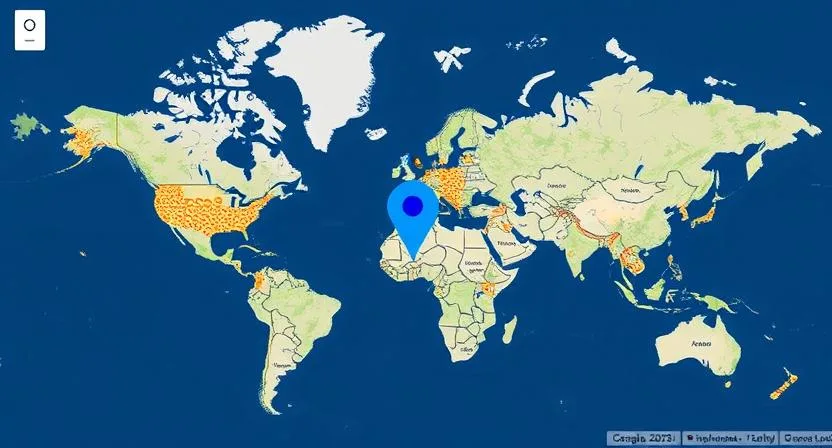Discover the forthcoming alterations in Google Maps’ location data controls and their potential impact on businesses’ and advertisers’ analytical insights.
Empowering User Privacy: Google Maps’ New Updates
Google Maps is undergoing significant updates, prioritizing user privacy by offering enhanced controls over location data storage and recent activities.
These updates grant users advanced management capabilities for their Location History, ensuring precise control over data. However, the adjustments might influence marketers’ analytics data utilized for location-centric targeting.
Revamped Timeline Storage: On-Device Enhancement
A pivotal shift is occurring within the Timeline feature of Google Maps, aiming to assist users in recalling their past locations while upholding their privacy.
Soon, users with Location History activated will witness a crucial change—Timeline data will now reside directly on their devices instead of cloud servers.
This strategic move affords users greater autonomy concerning their location data, assuring its confidentiality. Additionally, users concerned about device changes or loss can opt to back up their Timeline on the cloud.
Impact on Marketing Strategies
The transition towards on-device storage and deletion tools may restrict the accessibility of user location data, potentially impacting marketing campaigns reliant on precise location-based targeting.
Users possess the flexibility to tailor this option to retain location data for an extended period or completely deactivate location tracking.
Impact on Marketing Strategies
This shift might prompt users to be more discerning about sharing location data, leading to alterations in search patterns. This change could affect the efficacy of location-based keywords and advertising content.
Promoting User Privacy: Deleting Recent Activity
In the near future, Google Maps will introduce support for managing location information linked to specific places directly within the app interface.
Moreover, the blue dot, representing a user’s current location, will serve as a convenient access point to location settings. A simple tap will unveil the status of Location History or Timeline and whether Maps can access device location data.
Impact on Marketing Strategies
Changes within Google Maps might reduce available location data, elevating the importance of contextual targeting based on user interests and online behavior.
In Conclusion
Over the following year, these updates will gradually roll out on Android and iOS, underscoring Google’s dedication to enhancing user privacy while redefining the landscape for marketers and advertisers.















